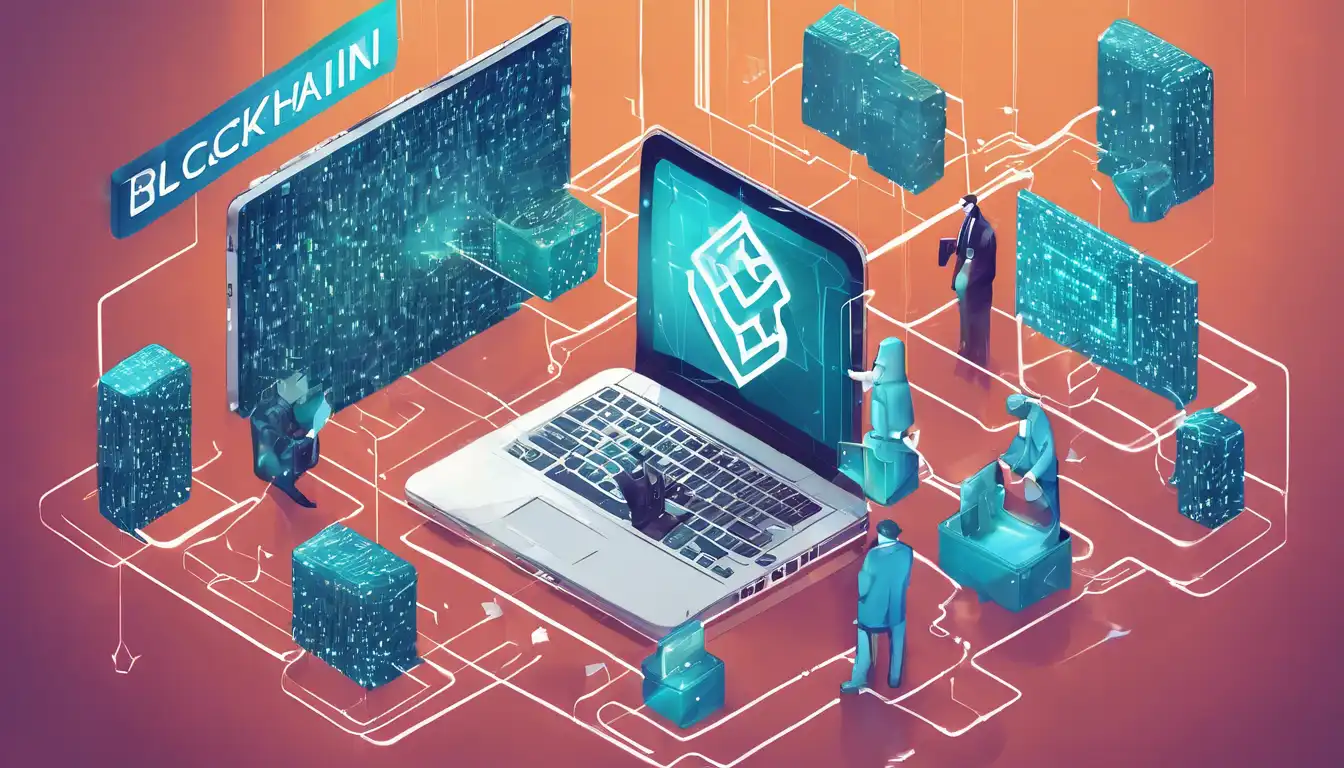The Revolutionary Impact of Blockchain on Data Security
In the digital age, data security has become a paramount concern for individuals and organizations alike. With the advent of blockchain technology, a new era of secure data management has emerged. Blockchain, originally developed as the underlying technology for Bitcoin, has far-reaching implications beyond cryptocurrencies, especially in enhancing data security.
Understanding Blockchain Technology
Blockchain is a distributed ledger technology that allows data to be stored across a network of computers worldwide. This decentralization ensures that no single entity has control over the entire network, making it highly resistant to tampering and fraud. Each block in the chain contains a number of transactions, and every time a new transaction occurs on the blockchain, a record of that transaction is added to every participant's ledger.
How Blockchain Enhances Data Security
Blockchain enhances data security through several mechanisms:
- Decentralization: Unlike traditional databases that are centralized, blockchain's distributed nature eliminates single points of failure, making it incredibly difficult for hackers to compromise the data.
- Immutable Records: Once a transaction is recorded on a blockchain, it cannot be altered or deleted. This immutability ensures the integrity of the data.
- Encryption: Blockchain uses advanced cryptographic techniques to secure data, ensuring that only authorized parties can access it.
- Transparency: While blockchain ensures privacy through encryption, it also offers transparency by allowing participants to verify transactions independently.
Applications of Blockchain in Data Security
Blockchain technology is being applied in various sectors to enhance data security:
- Healthcare: Patient records are securely stored and shared among authorized personnel, improving privacy and reducing fraud.
- Finance: Blockchain is used to secure transactions and prevent fraud in the banking and finance sector.
- Supply Chain: It ensures the authenticity and traceability of products by securely recording the journey of goods from manufacturer to consumer.
- Government: Blockchain can secure voting systems, land registries, and identity verification processes.
Challenges and Future Prospects
Despite its potential, blockchain technology faces challenges such as scalability, regulatory hurdles, and the need for widespread adoption. However, ongoing research and development are addressing these issues, paving the way for broader applications in data security.
As we move forward, the integration of blockchain with other emerging technologies like artificial intelligence and the Internet of Things (IoT) promises to further revolutionize data security. The future of blockchain in enhancing data security is bright, with endless possibilities for innovation.
For more insights into how technology is shaping the future of security, explore our technology trends section.
